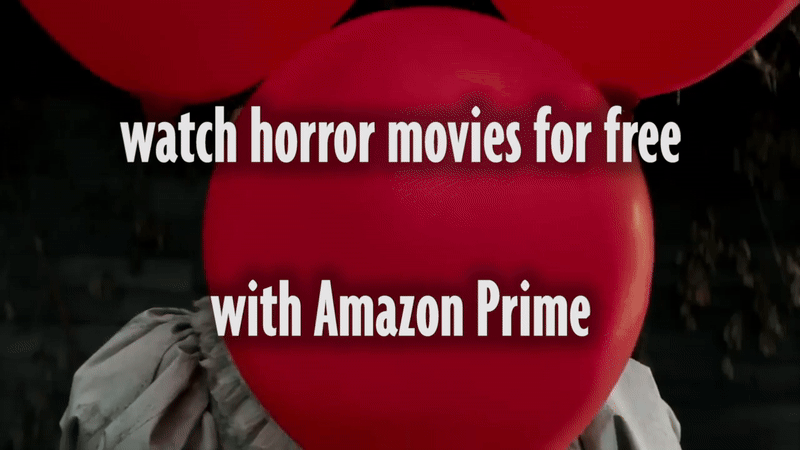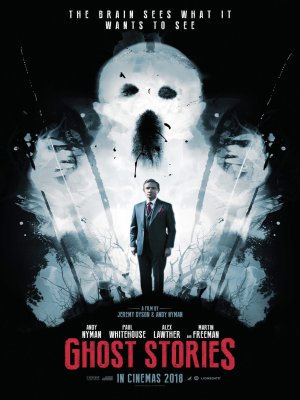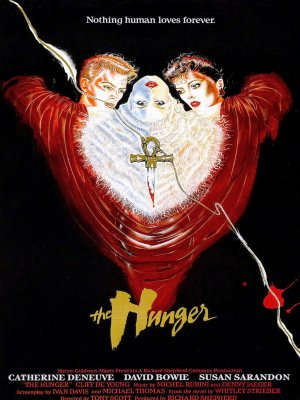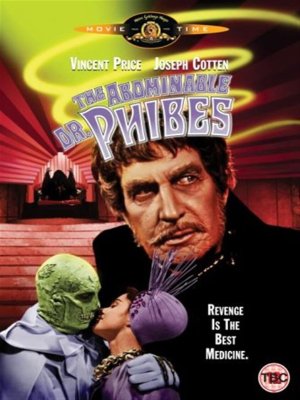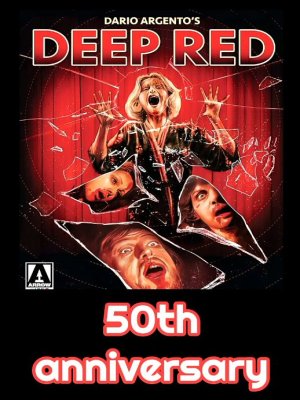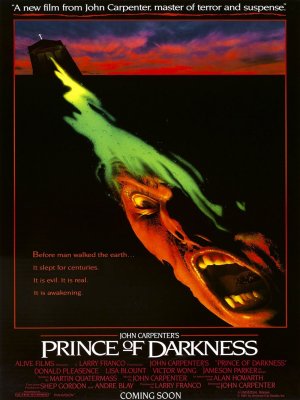Cure
The film follows the story of a Tokyo detective, Kenichi Takabe (Kōji Yakusho), who is tasked with investigating a series of seemingly motiveless murders. The only clues are the words "I was here" written at the crime scene. Takabe discovers that the killers are all ordinary people with no connection to each other, but who seem to have been influenced by a mysterious man named Mamiya (Masato Hagiwara).
"Cure" (Kyua) is a 1997 Japanese psychological thriller film written and directed by Kiyoshi Kurosawa. It is considered one of the masterpieces of modern Japanese cinema and has received numerous awards and accolades.
The story is intricate and full of mysteries, and director Kiyoshi Kurosawa manages to create an atmosphere of tension and suspense that is hard to find in other films, keeping you on the edge of your seat from the very beginning.
Kōji Yakusho's performance is exceptional, and his character of Detective Takabe is well-developed and complex. Masato Hagiwara is also excellent in the role of Mamiya, the mysterious man who seems to be behind the murders.
The film is also a critique of modern Japanese society, which is characterized by strong social pressure and a lack of individuality. The film's characters are all ordinary people who feel suffocated by society and are seeking a way out.
If you enjoy thriller films and are interested in Japanese culture, then "Cure" is the film for you.

